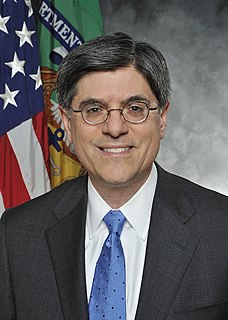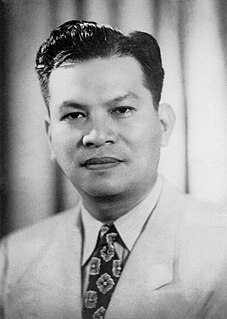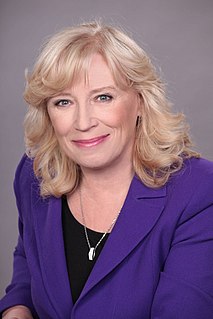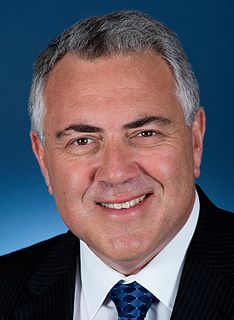A Quote by Gita Gopinath
Fiscal policy is a very important part of the tool kit for policy makers.
Quote Topics
Related Quotes
The problem is the policy makers don't have practitioners in the policy team. You won't make an IT policy without consulting a Narayan Murthy or Nandan Nilekani. But for energy, people think they know everything and they know what to do for it. That's how the policies are created in Delhi and that needs to change.
China is attempting the death-defying feat, which no one has attempted in the history of the world, which is to move a billion people out of poverty. When I speak to Chinese policy-makers, the thing that annoys them the most about Western policy-makers is that they're not given any credit for anything.
Policy is formed by preconceptions, by long implanted biases. When information is relayed to policy-makers, they respond in terms of what is already inside their heads and consequently make policy less to fit the facts than to fit the notions and intentions formed out of the mental baggage that has accumulated in their minds since childhood.


































